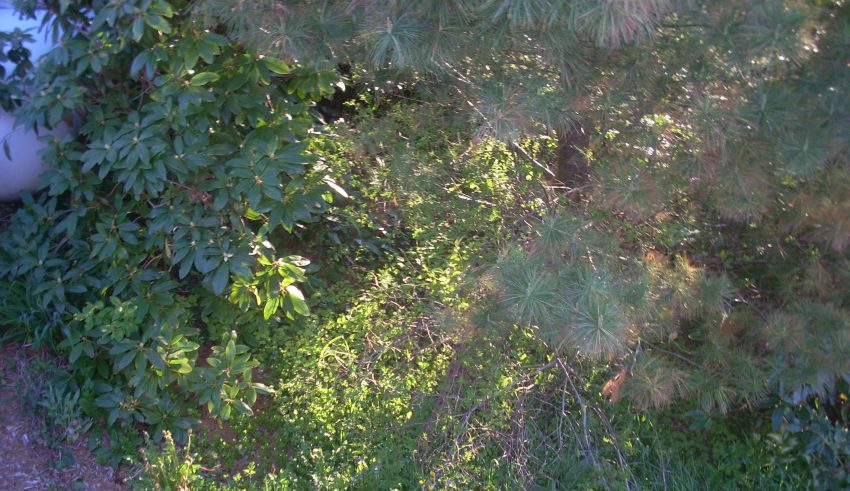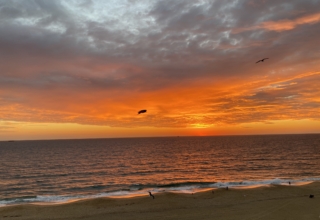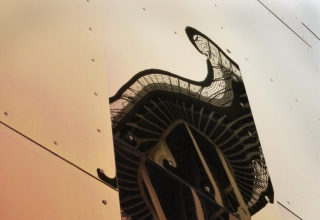
They ended-up sending me to San Francisco in 1975, and I’ve been a Californian ever since. I stayed with the government until 1980 and then went out on my own. I contemplated developing a consulting firm because I had a half dozen colleagues around the country who were experts in mass transportation. This was due to my having moved from highway transportation to mass transit, and that was becoming popular throughout the country. The Sacramento light-rail line had gone in, and I had a lot to do with that. But I quickly realized that I really didn’t have an interest in starting a consulting firm, because this promised to involve 12 hour days, 7 days a week. I decided I just wasn’t into that because my true passion was breeding horses. So I just started doing my own contract work and did that until 1989, when I realized I didn’t want to do that kind of work the rest of my life either. It was a period where my partner and I started making very avant-garde furniture, and we sold it in San Francisco and Los Angeles design centers. That was a lot of fun, but it just didn’t make any money.
Previously, in Washington State, I had volunteered for the Literacy Council to teach people who were illiterate how to read. It was in the late 1980s, I also had volunteered at the Interfaith Food Ministry. Then, in 1990, I saw an executive director position advertised in the local newspaper here for Hospice of the Foothills. I was at a point in my life that I wanted to be in an organization which did good work. I wasn’t entirely certain what a hospice was, but I knew it was doing good work. I did my research, went and interviewed, and got the job. For the next 18 years, from 1990 to 2008, I was with Hospice of the Foothills. I had always wanted to give back to my community, but it wasn’t until I went to Hospice that I realized its benefit how valuable it is for a community to have people participating on a voluntary basis. Two years ago I retired from Hospice, and here I am.
4. Is there a history of community service in your family background? If so, how would you describe it?
There wasn’t a history of community service in my family background. Sometimes I wonder where I came from, because as a child there was no sense of that. We didn’t have a lot of money, and my father worked all the time so didn’t have time to volunteer. And my mother didn’t have the time either. We were just a hardworking family with six kids. The idea of community service just wasn’t there – we were probably looking more like the recipients of community service than anything.
I believe it was when I graduated from college and was looking for work that I developed some sense of wanting to be involved in my community. I found out about the Literacy Council, which taught people how to read, and decided that would be a nice thing to do. I wasn’t particularly motivated by the idea of wanting to give back as I was by the thought it would make me feel good. And I have learned the great benefits that come from community involvement since that time.
Download Article















